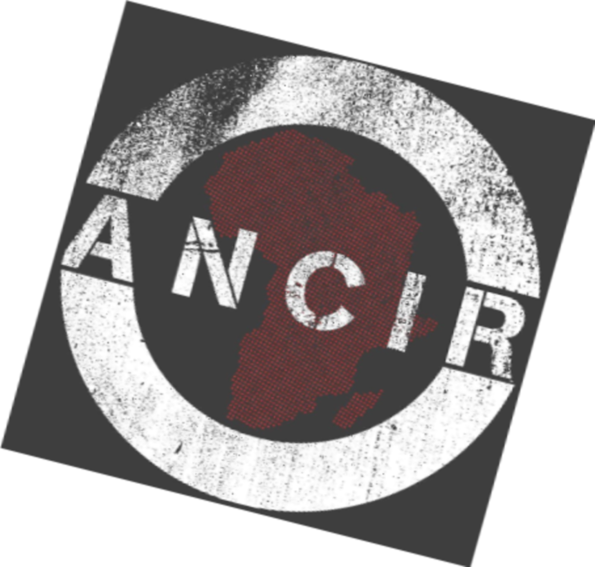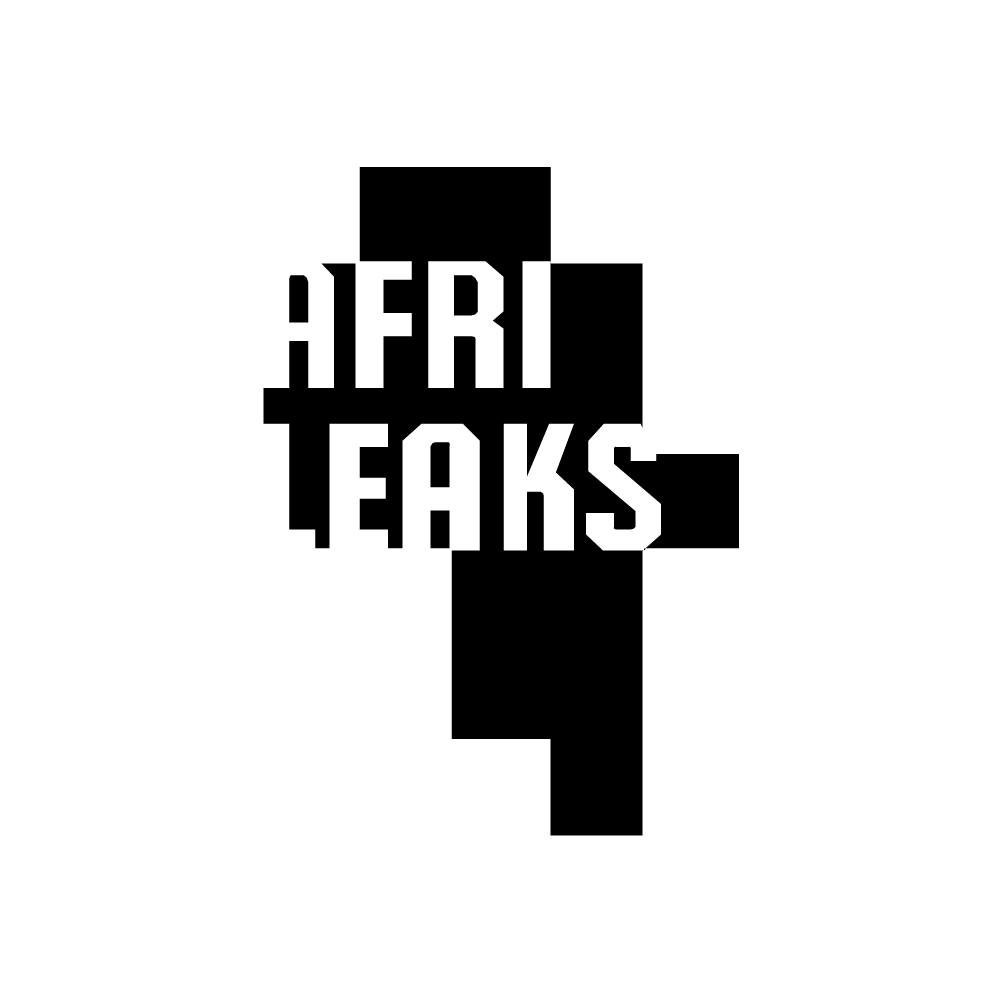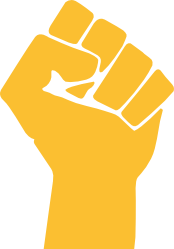Namibian arm dealers some of Mossack Fonseca’s oldest clients
Businessmen Walter Hailwax and Trevor Wilmans have been named in the latest tranche of the Panama Papers documents to be publically released.
The duo are among those who received commissions from the arms deal in a South African where a British arms manufacturer was accused of paying bribes to a handful of businesspeople to secure the supply contract.
Walter Hailwax
Hailwax is a 59 year-old Namibian businessman who lives in Ludwigsdorf, an upper-class suburb in the Namibian capital. At one point, he also served as the Belgian honorary consul to Namibia. Hailwax was also a director of the government’s military company.
In the Panama Papers, Hailwax is named as a director of an offshore company named Kayswell Services, since August 1998, making him one Mossack Fonseca’s oldest clients.
Kayswell Services is afirm registered in the British Virgin Islands in October 1994.
South African newspaper, the Mail & Guardian, reported in 2008 that British arms manufacturer, BAE Systems, paid £40 million in commissions to Kayswell Services for its role in the South African arms deal.
In the deal, BAE secured the contract to sell fighter jet worth £1.6 billion to the South African government in 1999.
The M&G report said Hailwax was paid £2.5 million. In 2007, the media and financial authorities from Britain and South Africa started reporting on the BAE deal. That led to the Financial Investigation Agency from the British Virgin Islands writing a letter to Mossack Fonseca in 2007 informing the law firm that Kayswell was being investigated for money laundering and other financial offences.
After that letter, Mossack Fonseca started an internal investigation and warned its officials that its client, Kayswell, was not to be tipped off that it was being investigated. “Upon searching our files we noticed that we do not have an updated register of members and directors on our file. Please send us same in order to update our records,” one Mossack Fonseca official wrote about Kayswell.
Another Mossack Fonseca official from the compliance department replied via email saying, “I don’t know this company”.
Mossack Fonseca decided to cut its ties with Kayswell in April 2009, ending a 15-year relationship. This appeared to be too little too late, since most of Kayswell’s questionable transactions, such as the money received from the arms deal, had already been paid in 1999.
The resignation of Mossack Fonseca as Kayswell’s representative was an indication that it found something fishy during its due diligence process.
In 2014, Keyswell pleaded with Mossack Fonseca to resume services as its agent, but the Panama-based company declined to do so. It is not clear whether Mossack Fonseca agreed to be their agent again after 2014 since the available leaked email communications between the two ended in 2014.
Hailwax said in his due diligence report submitted to Mossack Fonseca that he earned his money from property and consultancy work.
He also said that he was an aviation consultant and worked for Aircraft Consultancy Services (ACS), a company co-owned by Zimbabwean tycoon John Bredenkamp, a man who made his fortune trading tobacco and arms with pariah states such as Zimbabwe, Iraq and apartheid South Africa.
ACS is the same company accused by the United Nations (UN) of selling equipment to armed forces in the Democratic Republic of the Congo (DRC), helping fuel the country’s violent civil war.
Bredenkamp has in the past, in the media, denied he had any involvement in the South African arms deal.
ACS has also said it was exonerated by a UN panel set up to investigate the plundering of DRC’s mineral resources and was approved by the UN as an investor in the DRC.
Hailwax served on the board of the military vehicle manufacturer owned by the Namibian Defence Force called Windhoeker Maschinenfabrik, a business wing of the state-owned secretive August 26 company that has failed to publicly produce annual reports since it started over a decade ago.
It is not clear whether the Namibian military firm has dealt with controversial firms such as ACS or Kayswell.
Hailwax also owns other businesses. According to information from the British government’s companies’ registrar, Hailwax is a director of four companies; Futec Consultants Limited and Global Aviation Consultants Limited, Capricorn Aviation Consultancy Limited and Global Aviation Consultants Limited. The first two have been dissolved, but the latter two are still active.
In Namibia, Hailwax owns Taco Technology, a company that claims to provide software solutions for the Namibian government.
Trevor Wilmans
Another Namibian named as an owner of Kayswell is Hailwax’s frequent business partner Wilmans, who lives in Stellebosch, South Africa.
The 61-year-old has served as a director of Keyswell since 1994. According to the M&G report in 2008, Wilmans was paid £812,016 in commissions from the South African arms deal.
His due diligence report submitted to Mossack Fonseca states that he is an aviation consultant and that he gets his personal wealth from “dividends and commissions”.
He was a director of Companies Aircraft Services, leaked documents show. Wilmans serves as a director with Hailwax in Capricorn Aviation.
Mossack Fonseca has been accused of aiding questionable people to channel their ill-gotten money through offshore companies. However, in a statement issued on its website, the firm denied knowingly dealing with companies with links with sanctioned countries, such as Zimbabwe, where Hailwax had influence.
“We routinely resign from client engagements when ongoing due diligence and/or updates to sanctions lists reveals that a party to a company for which we provide services has been either convicted or listed by a sanctioning body,” the company said.
Efforts to get comment from Wilmans and Hailwax were unsuccessful. Wilman’s landline telephone number is no longer active and his mobile phone was switched off after several attempts to reach him on it.
Several calls made to Hailwax also went unanswered and he did not respond to the 16 SMSes that were sent to him and recorded as being delivered. Emails sent to the two were also not answered.
This story was produced by the Namibian newsroom, together with the African Network of Centers for Investigative Reporting and the International Consortium of Investigative Journalists.


